A Preview of Fall 2021 Classes
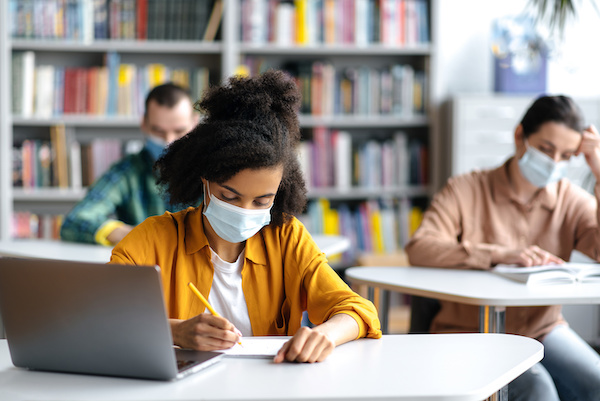
Our health is essential now more than ever. Discover these Fall 2021 courses that revolve around several facets of our living health.

HLTH 285-1 | Mental Well-Being and Resilience
Expanding scientific understanding about how to maximize mental well-being is important for supporting health in our daily lives. Renowned mental health scientist Dr. Charles Raison shares his expertise with students as they explore a wide range of evidence-based strategies for using both positive and negative emotions to build the psychological resilience and flexibility needed to thrive in challenging times.
Taught by: Charles Raison
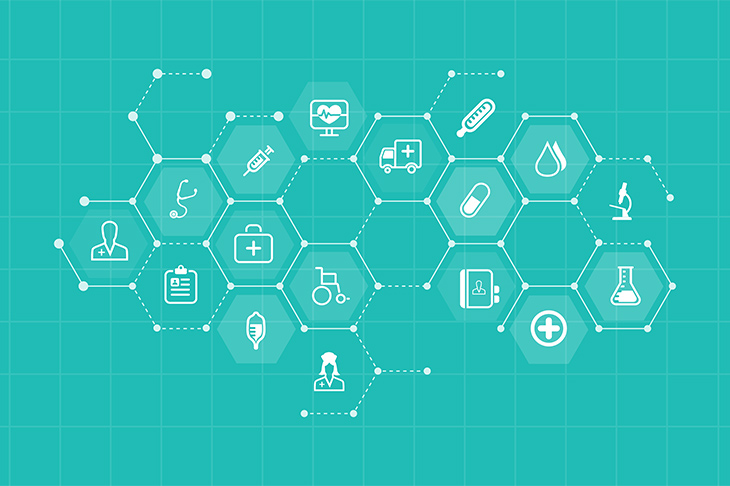
HLTH 385W | Health Writing and Narratives
Writing clearly about health and medicine is an essential skill - for aspiring scientists, policymakers, science communicators, and physicians, and health professionals, as well as for future journalists planning to work in any medium. Writing well requires learning to identify new developments, conduct an interview, craft an argument, and organize a narrative while translating the jargon of science and medicine into the language of the everyday. This class will teach journalism's norms and standards - speed, thoroughness, accuracy, novelty, and evidentiary rigor - in order to learn how to write about health and science for a popular audience. Students will read current scientific papers and reports, and compare them to newspaper and magazine stories, and online videos and multimedia, to assess accuracy, completeness, style, and storytelling strategies. Assignments will include writing short and long pieces in a range of genres. (Prerequisite: HLTH 210 or HLTH 250)
Taught by: Maryn McKenna
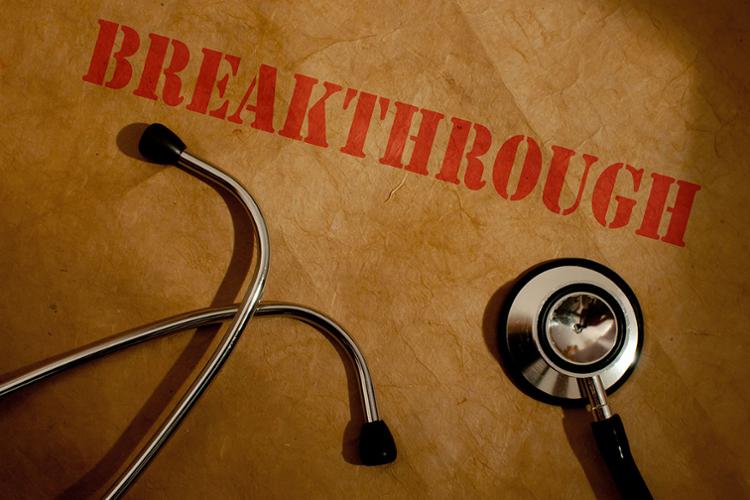
HLTH 279-1 | Critiquing Health News
Health is always in the news, with ground-breaking discoveries and exaggerated claims vying for our attention. As both helpful and potentially harmful messaging abound, how do we know what to believe? Epidemiologist and expert in research methodology Dr. Cecile Janssens addresses skills foundational for scientific perceptiveness, communication awareness, and critical evaluation to better equip students as they seek to identify evidence from conjecture in health news.
Taught by: Cecile Janssens

HLTH 385-10 | Interoception & Touch in HLTH
Sensation of our internal state, or interoception, constantly influences well-being. We will examine how interoception modalities such as pain, breathing, and temperature, are leveraged through therapeutics (acupuncture, sauna, and meditation) to influence health.
Taught by: Amanda Freeman and Don Noble
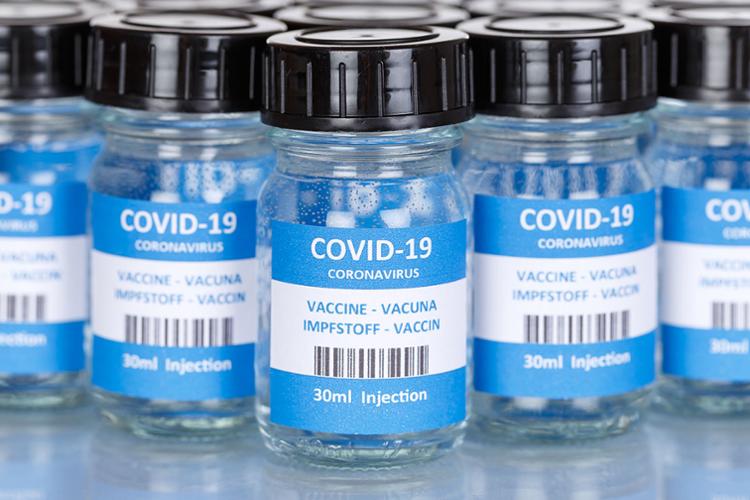
HLTH 385-5 | Vaccines & Immunology in HLTH
Dr. Gavegnano’s experience in drug development offers students a laboratory researcher’s perspective on how science works to save lives, from idea to global implementation. Students are introduced to the process of vaccine discovery from the exploratory efforts to find a specific mechanism for a target disease through the steps involved in safety testing and approval and the subsequent challenges confronting product adoption and dissemination. Historical impacts across populations and how our vaccine strategies position preparedness for future global diseases are considered.
Taught by: Christina Gavegnano
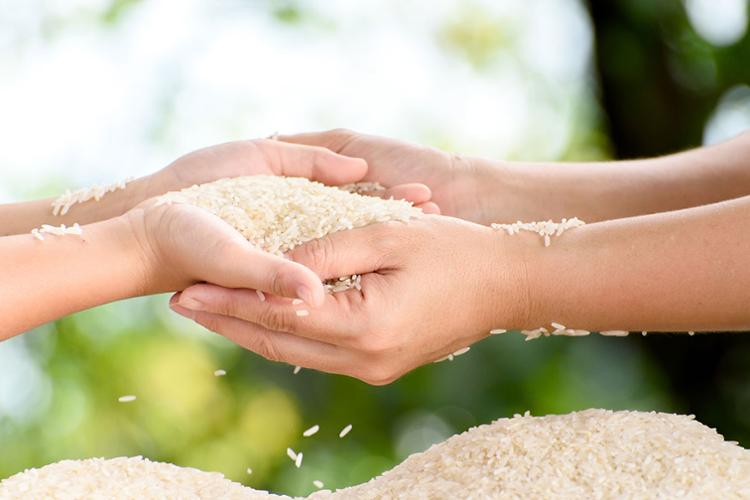
HLTH 350R-2 | Core Issues in Global Health: Global Nutrition Program Design
Once nutritional problems for a population are identified, interventions are designed to address those problems. How do you design public health programs so they are effective and sustainable? Learn about the planning, implementation, monitoring, and evaluation processes involved in designing food fortification interventions from Dr. Helena Pachon, who has spent the past nine years providing technical assistance on food fortification to stakeholders in Central and Southern America, Europe, the Middle East, Asia, the Pacific, and Africa. Issues involving advocacy and legislation-formulation, training program implementers and government inspectors, and both government- and non-government entities are discussed and examples of successes and failures from low-, middle- and high-income countries illustrate lessons learned.
Taught by: Helena Pachon

HLTH 385-3 | Health and Science Podcasting
Sharing a coherent message with an audience requires knowing how to outline and craft a narrative. As audio storytelling grows, communicators of all types need to know the best ways to create and produce content, whether as aspiring scientists, policymakers, science communicators, physicians, health professionals, or journalists. Taught by two national health journalists, students will produce written and audio pieces suitable for publication (examples here) and analyze current news stories and podcasts to understand the shared tenets of storytelling, reporting, and writing.
Taught by: Carolyn Crist and Maryn McKenna
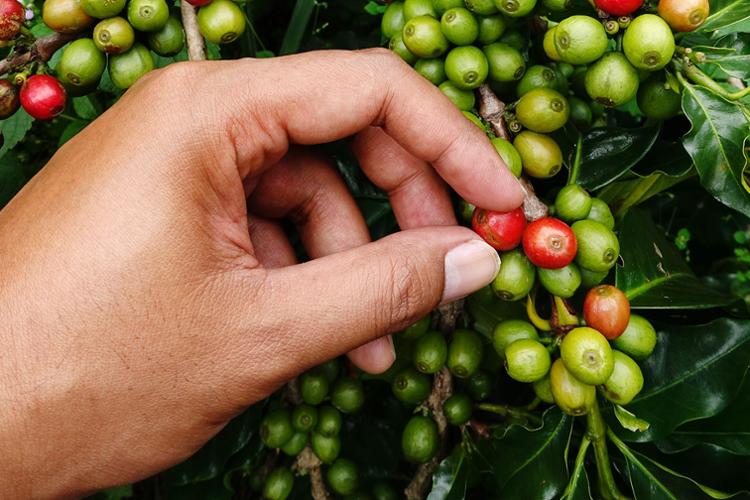
HLTH 440-1/ANT 440-1/BIOL 442-1 | Botanical Medicine and Health
Mankind has long recognized that plants are extremely useful medicinal sources. Dr. Cassandra Quave shares her renowned ethnobotanical expertise on botanical traditions across cultures, from prehistory to modern times, with an emphasis on the pathways by which plants make natural drugs and how these are useful in the treatment of human infectious diseases, cancer, cardiovascular health, dental health, central nervous system function, and more. The course provides a solid understanding of the major botanical drugs, including their sources, applications, and cultural relevance.
Taught by: Cassandra Quave

HLTH 485-2 | Collaborate to Transform Health
Health problems are complex and sustainable solutions require collaborative insights and collective action from a wide range of individuals and groups. Develop concrete skills to work with diverse stakeholders to promote human health with Dr. John Cranmer, a health system strategist and primary care clinician with global expertise in community-clinic collaboration. Students will apply collaboration skills to 1) recruit diverse groups with interest in the problem, 2) purposefully synthesize their insights and 3) collaboratively generate practical solutions for the problem, and 4) mobilize broad support for the solution.
Taught by: John Cranmer